Religion
Miriam Spira-Luria
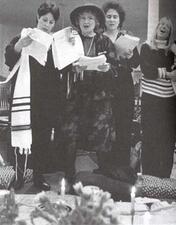
Spirituality in the United States
Jewish women’s spirituality developed historically within the confines of a patriarchal tradition. Over time, feminists have developed rituals and created spaces that honor the unique experiences of women.
Toba Spitzer
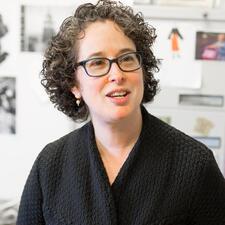
Mychal Springer
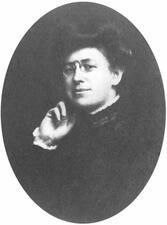
Pauline Perlmutter Steinem

Madame Goldye Steiner, aka Gladys Mae Sellers
Madame Goldye Steiner was the first known African-American woman singer of khazones, or Ashkenazi Jewish liturgical music. She was the only known African-American woman in the khaznte artistic movement in which non-synagogue audiences experienced khazones, sung by women in concert halls, on the radio, and on gramophone recordings.
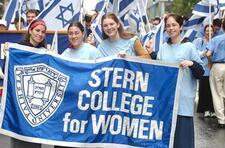
Stern College for Women
Founded in 1954, Stern College for Women of Yeshiva University is the longest-standing college in America for women under Jewish auspices. It has attracted young women from both Orthodox and non-Orthodox Jewish homes interested both in secular university training and high-level Jewish studies.
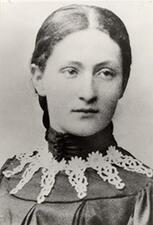
Rahel Straus
Rahel Goitein Straus, a pioneering woman medical doctor trained in Germany, was a model “New Jewish Woman” of the early-20th century. Successfully combining a career as a physician with marriage and motherhood, she committed herself to Jewish and feminist causes and organizations throughout her life, while also embracing Zionist ideals.
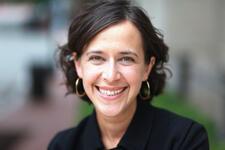
Shira Stutman
Suburbanization in the United States
Jews migrated in large numbers to newly constructed suburbs after World War II and the end of restrictive covenants that had excluded them. During the day, suburbs were largely female spaces where married Jewish women cared for their children and private homes, while volunteering for Jewish and civic activities. Jewish daughters raised in suburbs enjoyed middle-class comforts but also experienced pressures to conform to American gentile ideals of beauty.
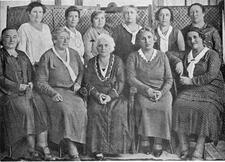
Suffrage in Palestine
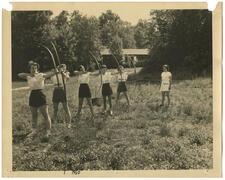
Summer Camping in the United States
The Jewish summer camp movement shaped ethnic-American identity and Jewish childhood throughout the twentieth and into the twenty-first century. A means to fight anti-Semitism by showcasing patriotism and developing the camper’s physical fitness, it was also a safe space to explore, question and craft religious traditions and rituals, novel ideas about girlhood, and the possibilities of womanhood.
Susanna: Apocrypha
Susanna’s story comes from Greek manuscripts of the Book of Daniel and is included in the Christian but not Jewish canon. She was a Babylonian Jewish woman who was falsely accused of adultery by two judges, but was saved by God through Daniel.
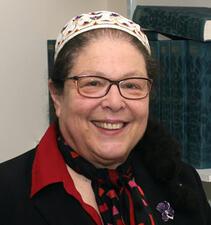
Jackie Tabick
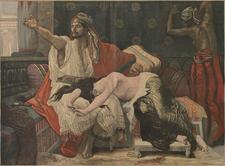
Tamar 2
The story of the rape of Tamar, the daughter of King David, by Amnon, her half-brother (2 Samuel 13) is told in the wake of the king’s sins of adultery and murder. Tamar’s is the only woman’s voice in the Bible to be heard in resistance to rape, though she is ultimately silenced by her full brother, Absalom. He murders Amnon in vengeance and stages an insurrection against the king, his father, while she lives the rest of her life forlorn in Absalom’s house.
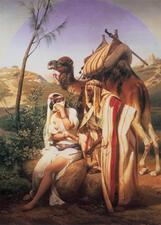
Tamar: Bible
Tamar, whose story is embedded in the ancestor narratives of Genesis, is the ancestress of much of the tribe of Judah and particularly the house of David. After Judah blames Tamar for the death of two of his sons and subjugates her so she is unable to remarry, she tricks him into freeing her from her limbo, illustrating both her loyalty and assertiveness.

Tamar: Midrash and Aggadah
Tannaitic Literature, Inclusion of Women
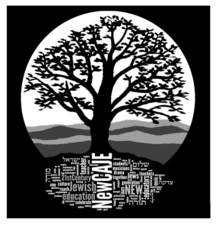
Teaching Profession in the United States
Jewish women in the United States became professional teachers to an extent unprecedently in Jewish history. Through Jewish educational organizations, Jewish schools, and public schools, female Jewish teachers have played an important role in shaping the North American teaching profession.
Faige Teitelbaum
When Faige Teitelbaum married Satmar rebbe Rabbi Joel Teitelbaum in 1936, she became the Satmar rebbetzin, in which capacity she was very active in charitable activities. After her husband’s death, she became the only woman in the Hasidic world to function as a de facto rebbe and leader.
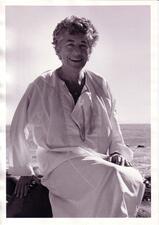
Savina Teubal
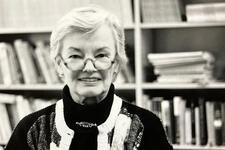
Judith Jarvis Thomson
Rivke Bas Me’ir Tiktiner
Timna, concubine of Eliphaz: Midrash and Aggadah
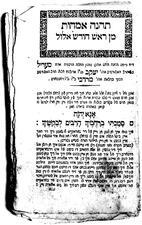
Tkhines
Tkhines were collections of prayers published in Yiddish, often specifically for women, across Europe from the sixteenth to the nineteenth century. The prayers addressed many themes of domestic and family life, although some also suggested women ought to be allowed into traditionally male spaces.


